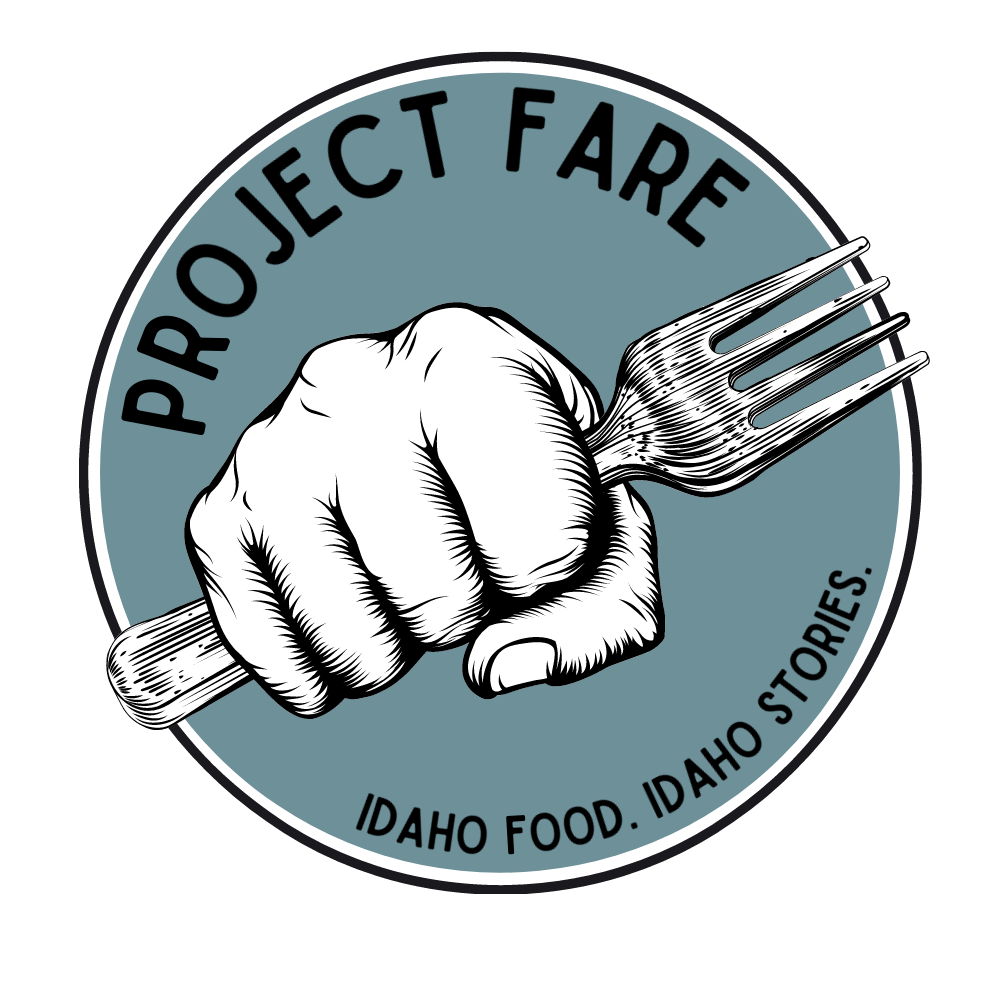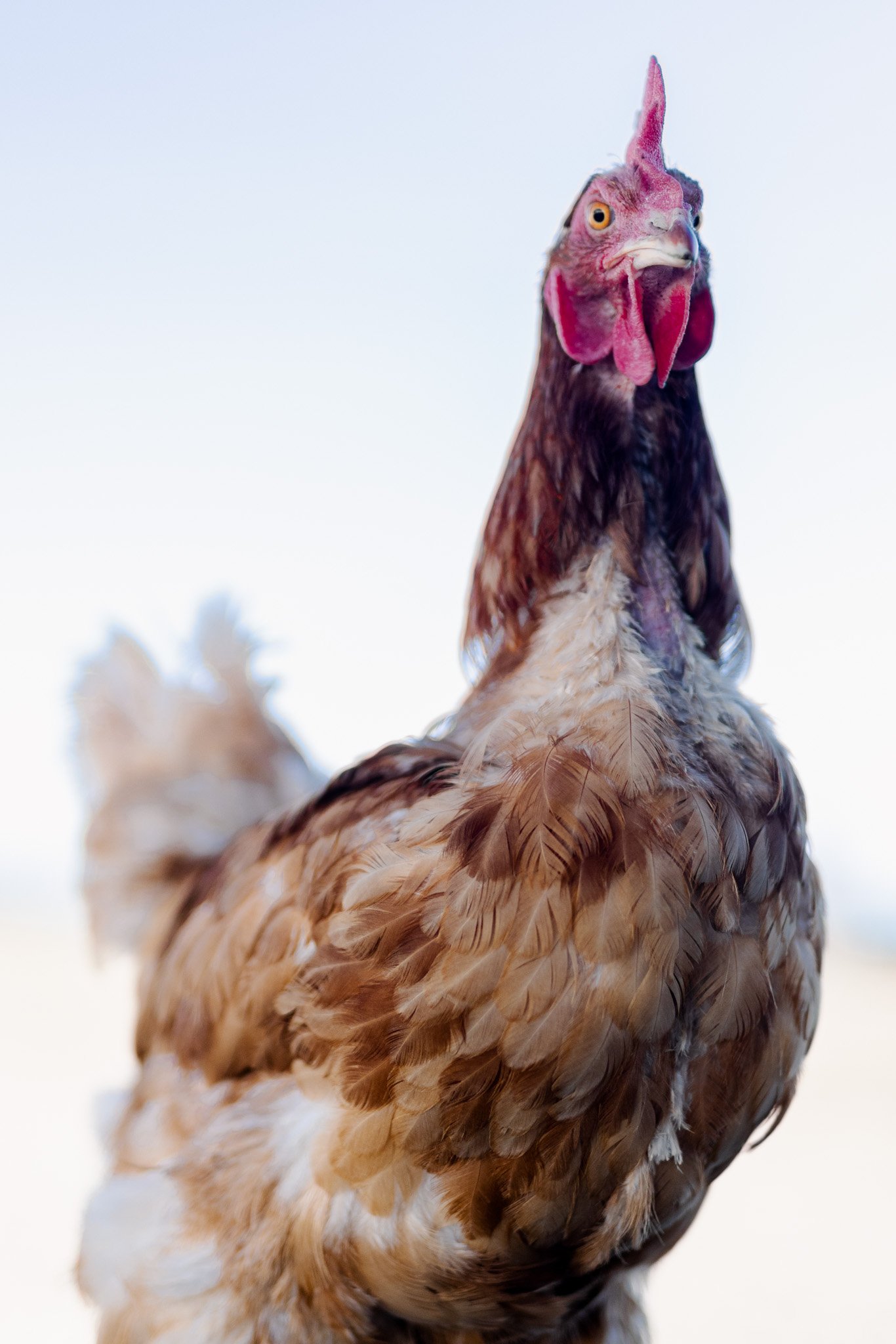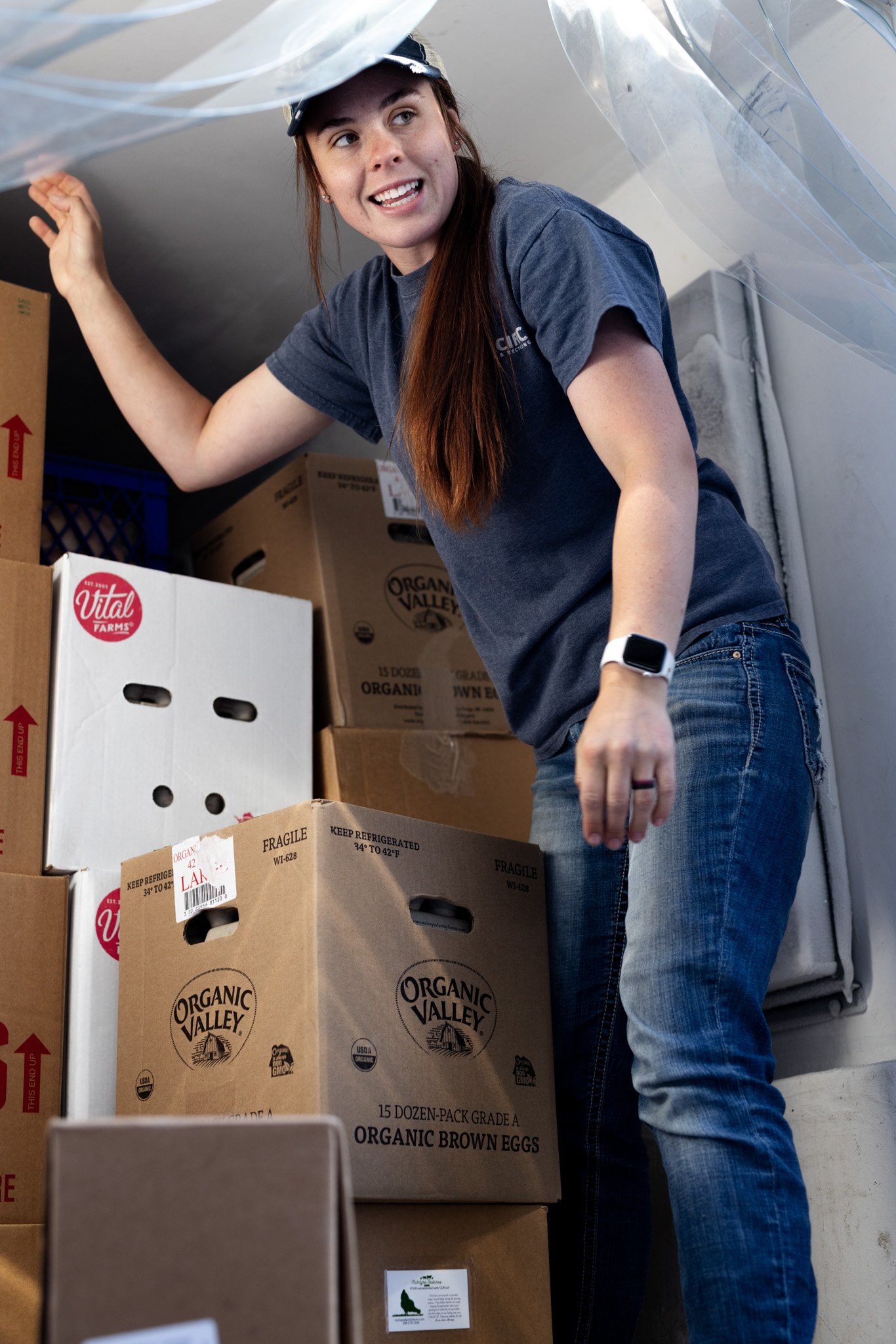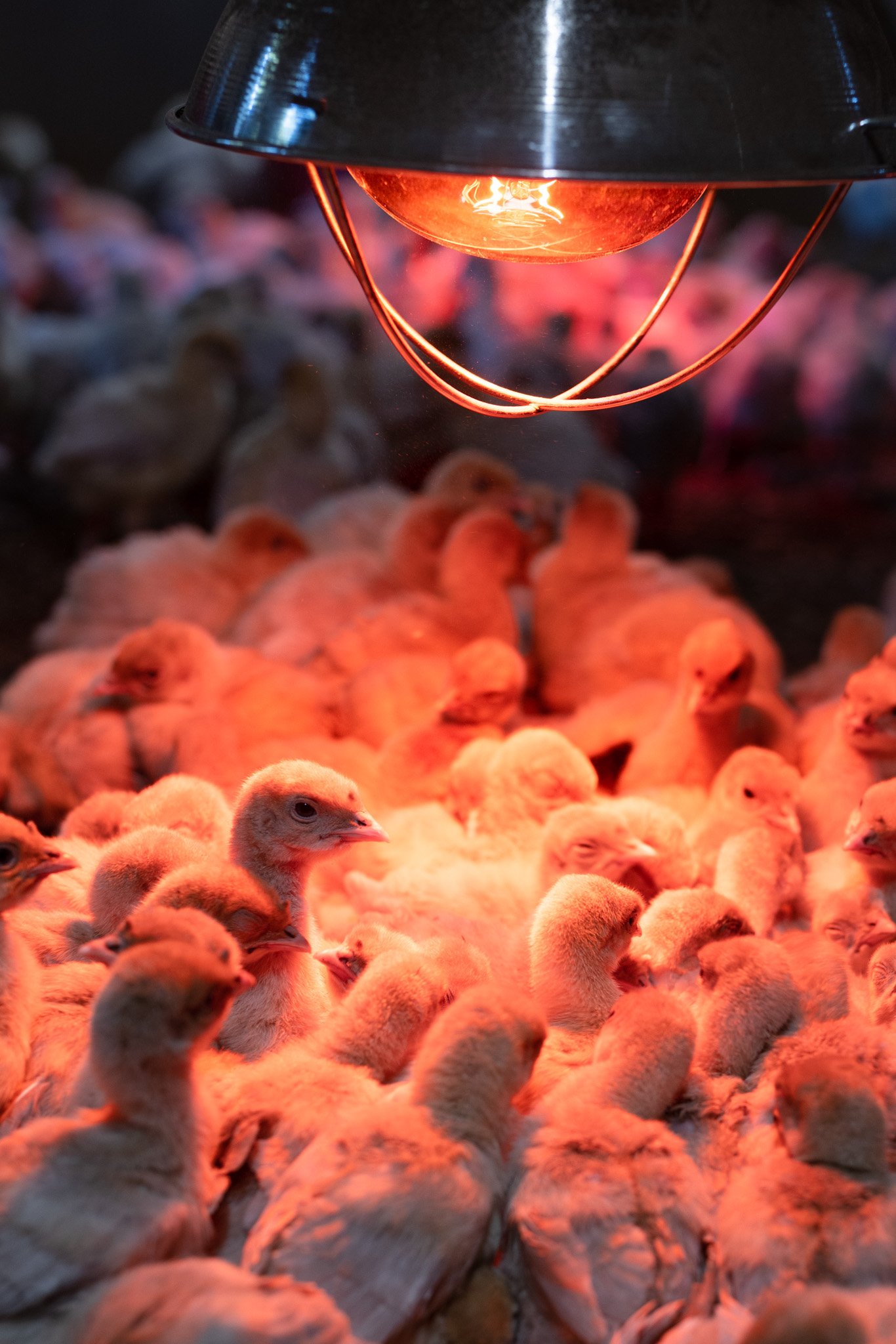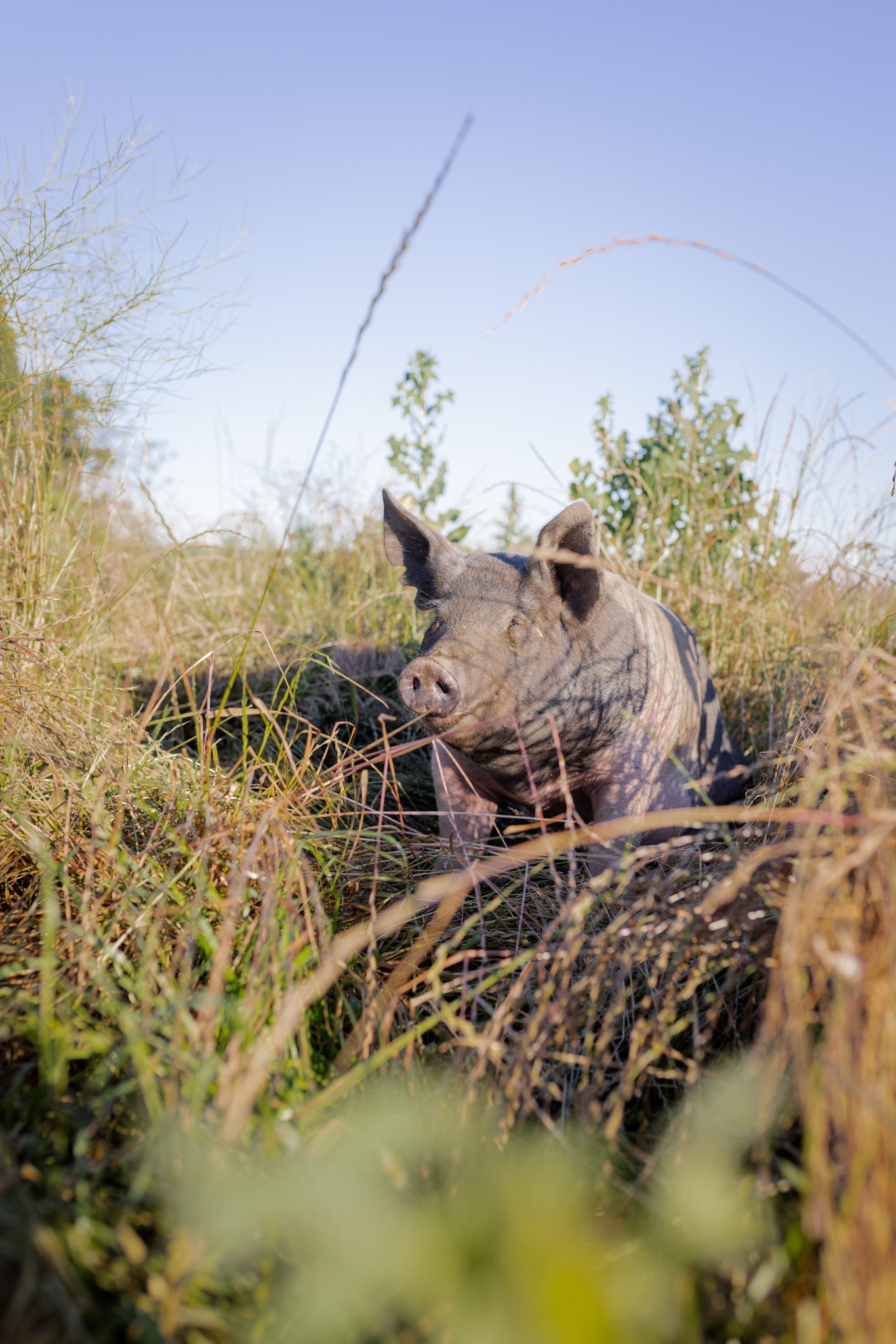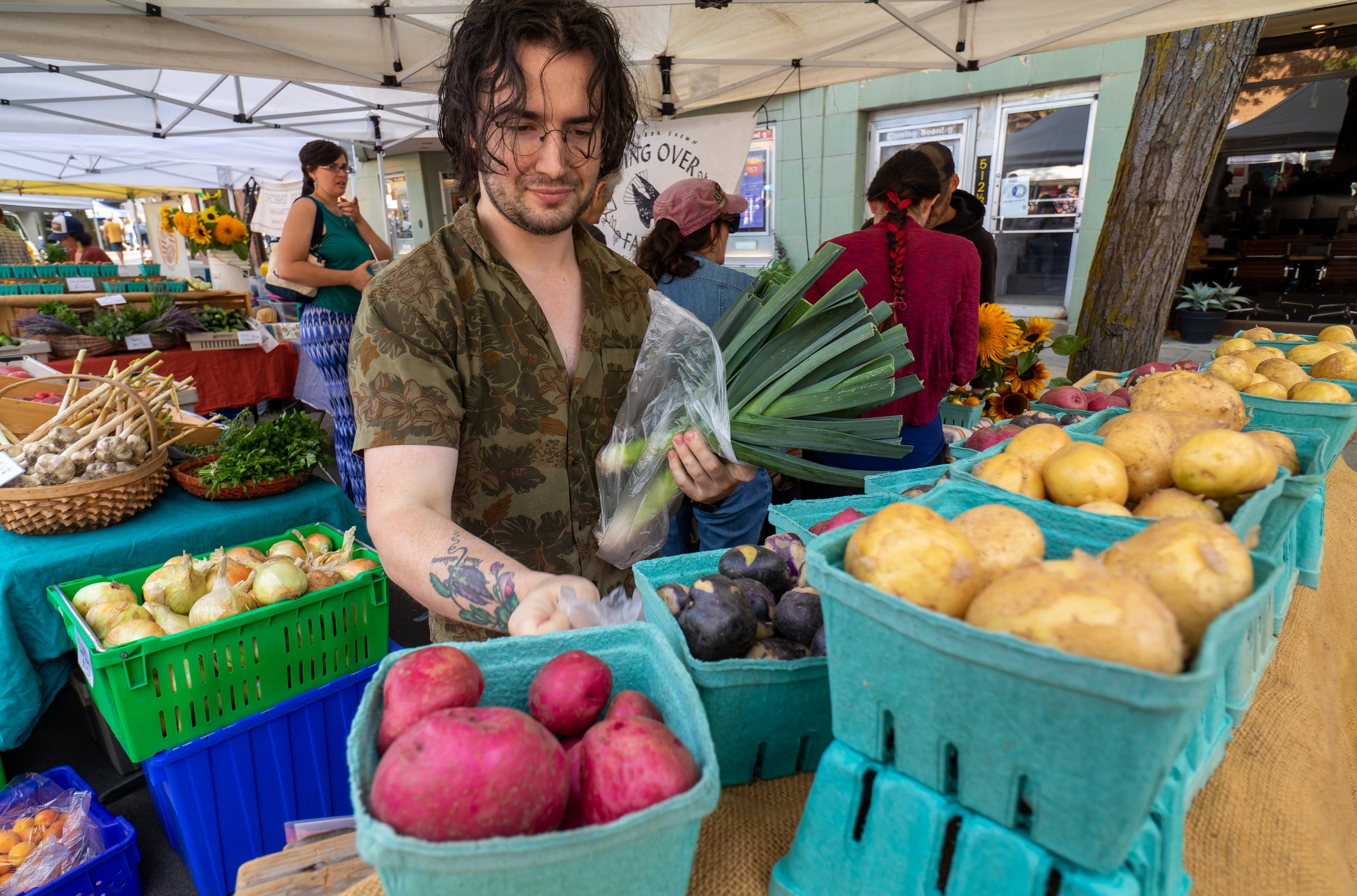Project FARE Spotlight: McIntyre Pastures
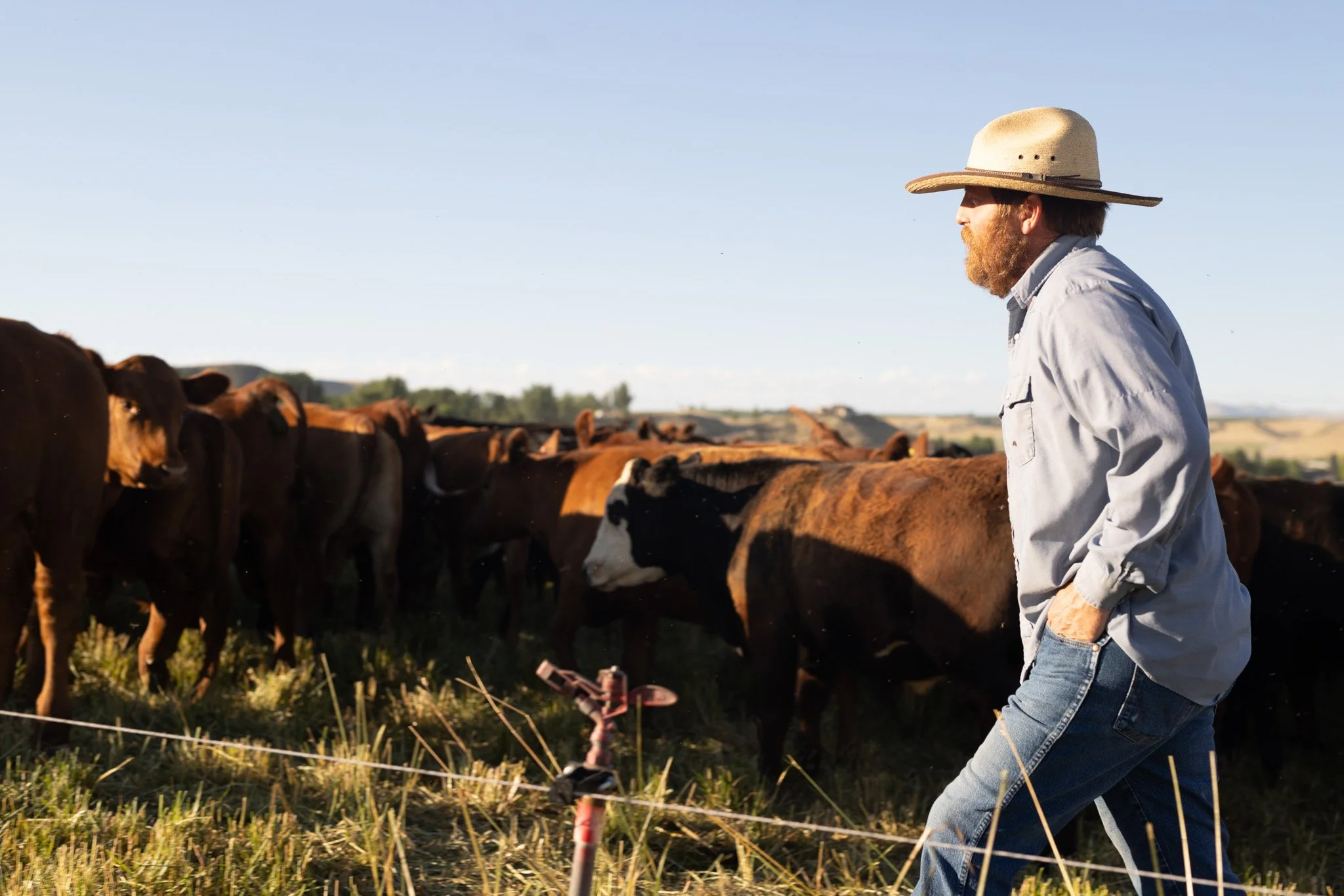
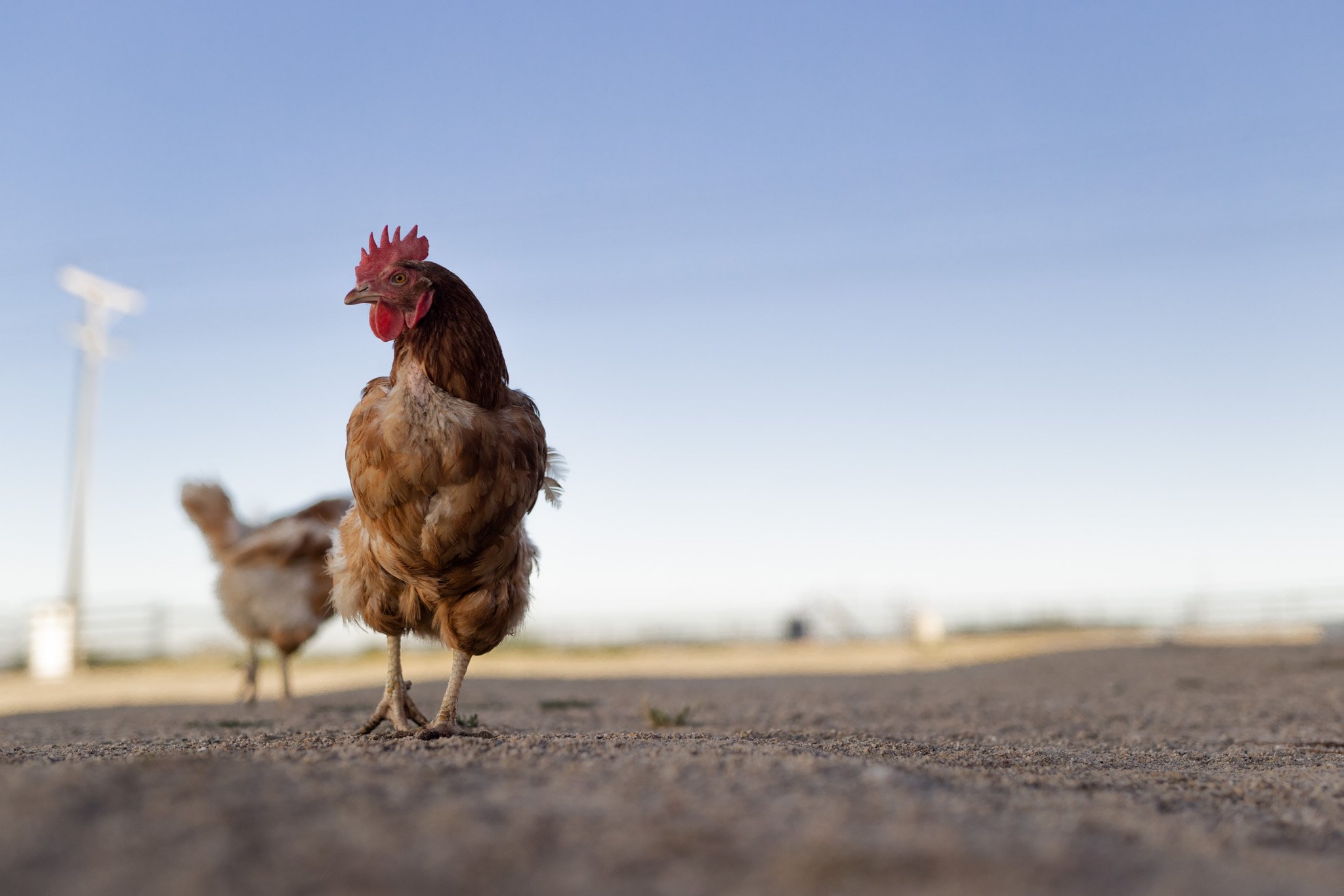
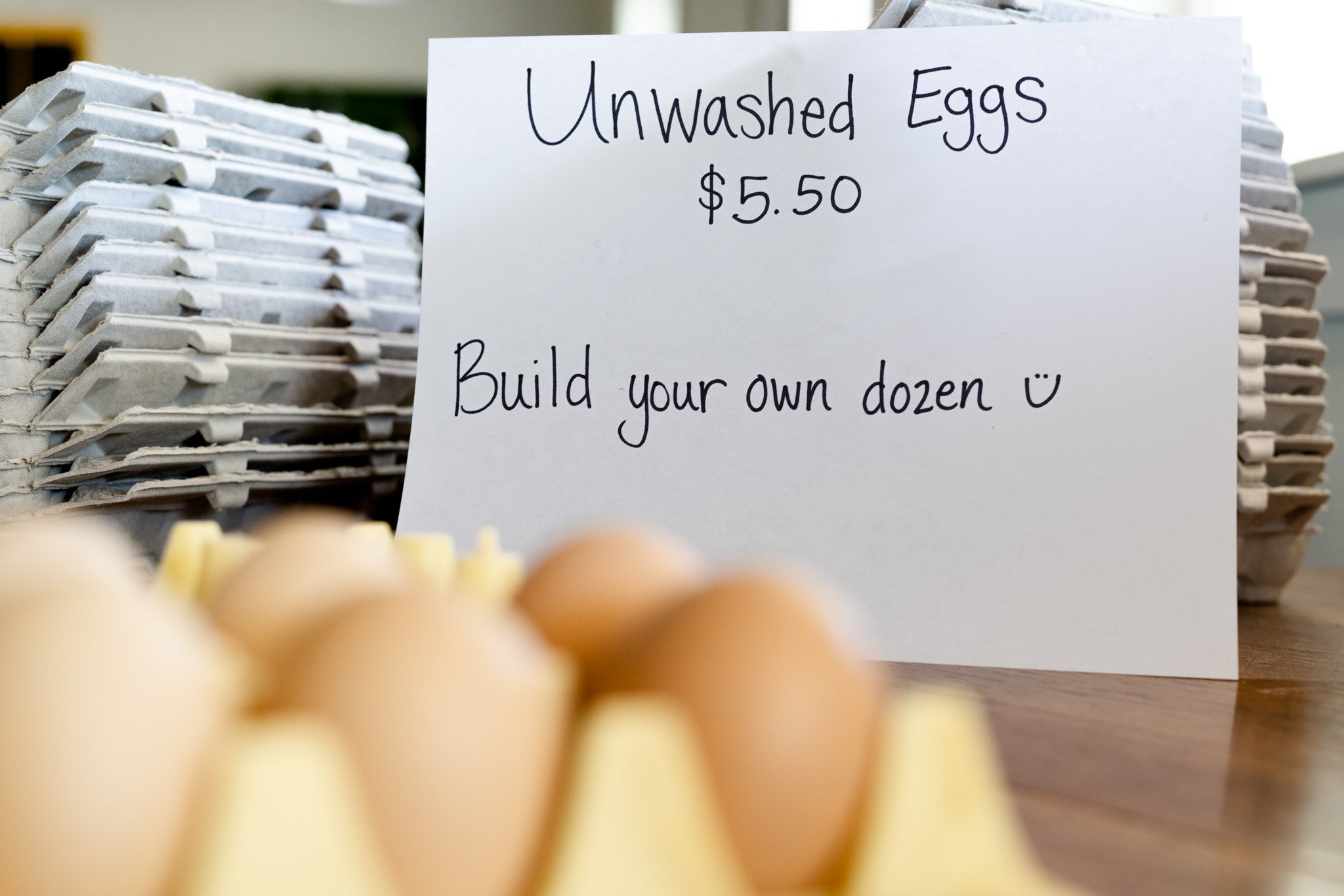
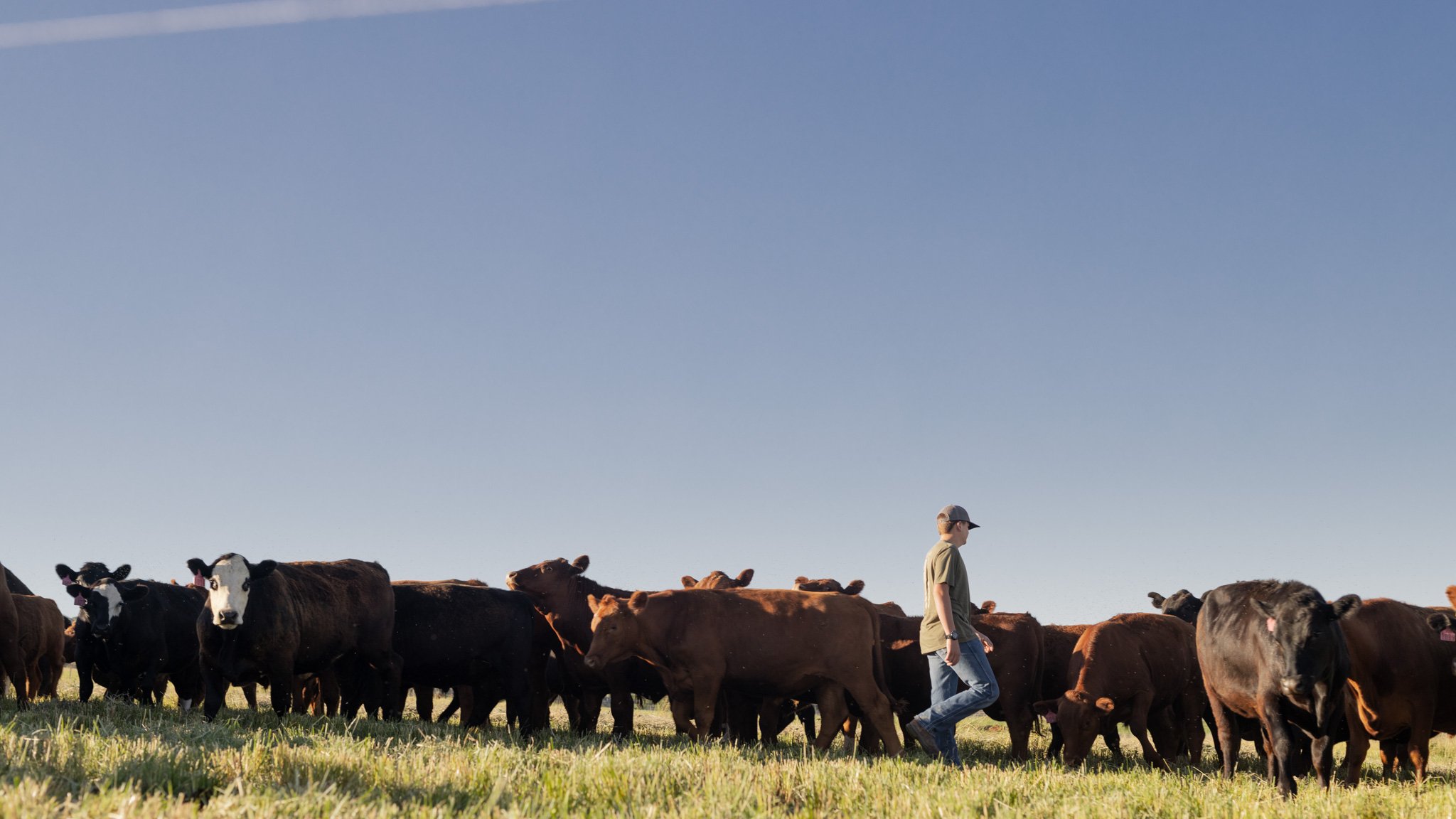
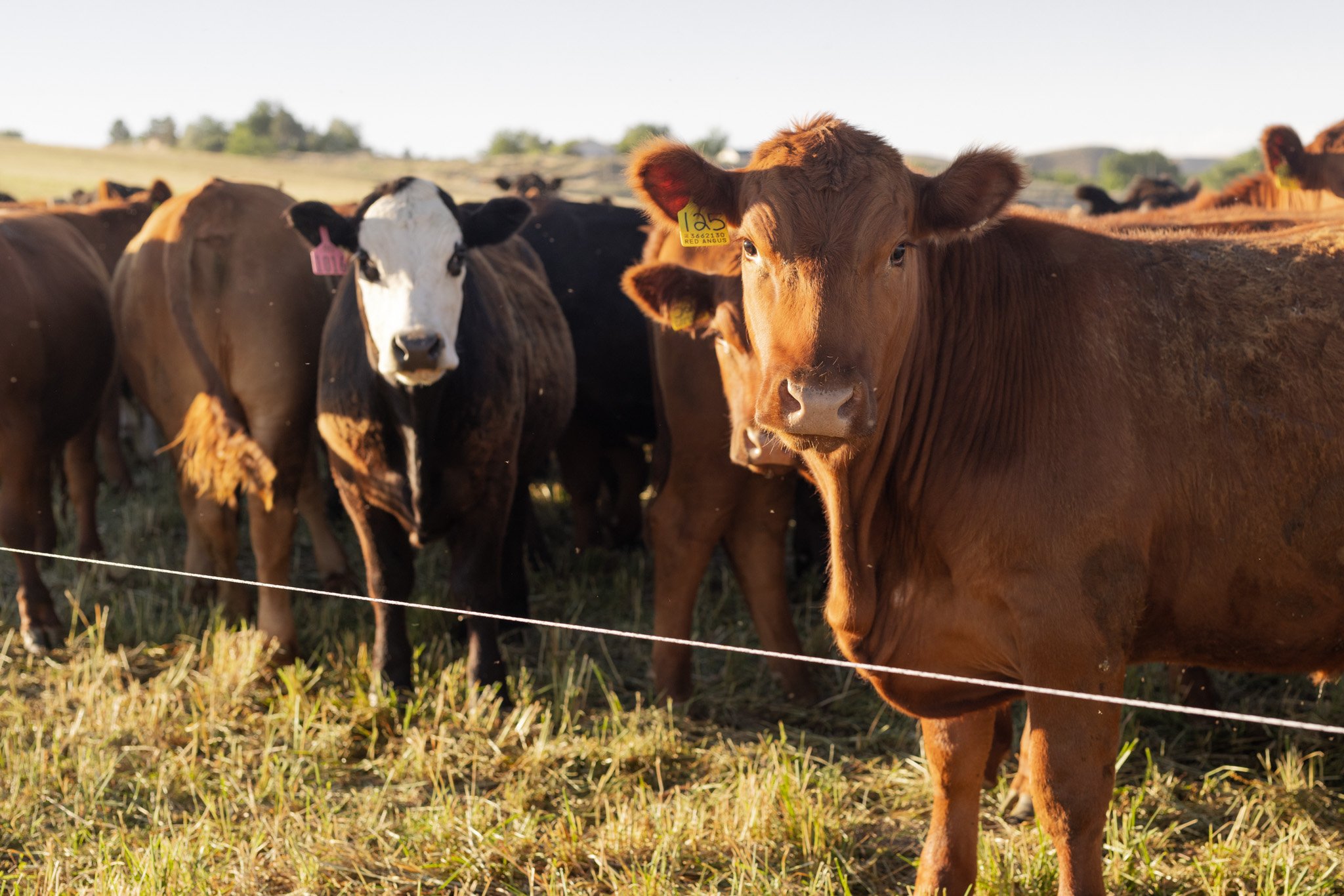
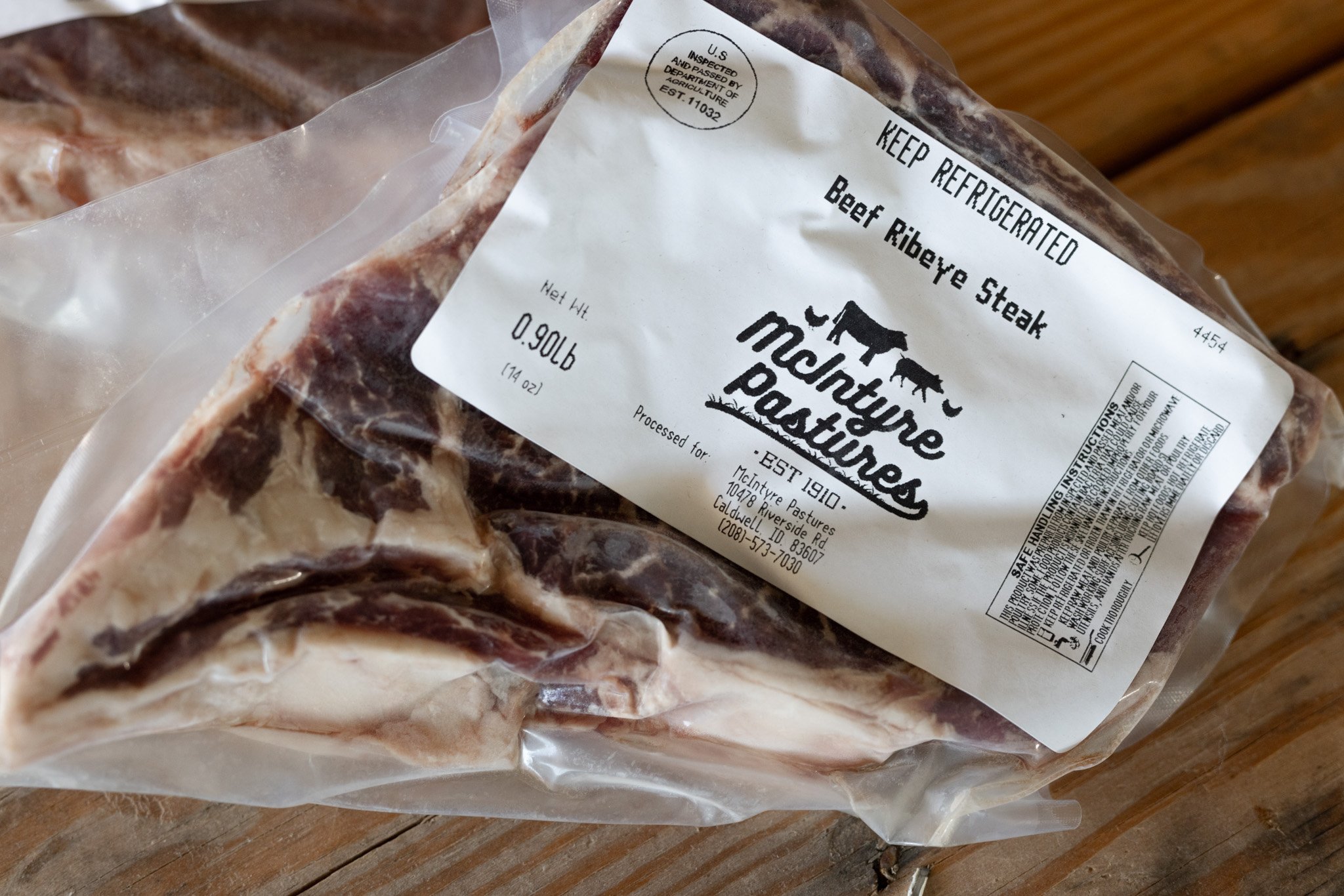
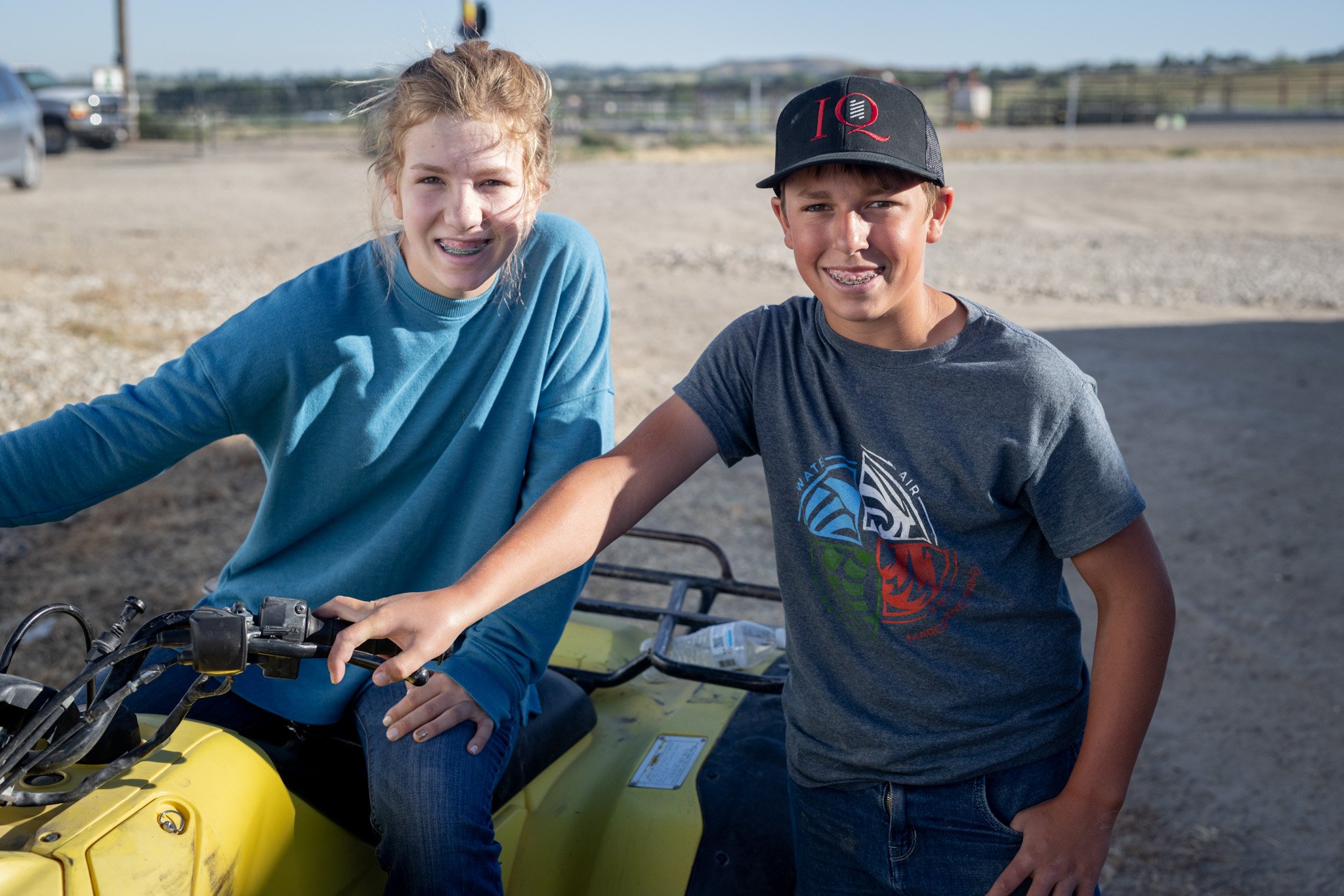

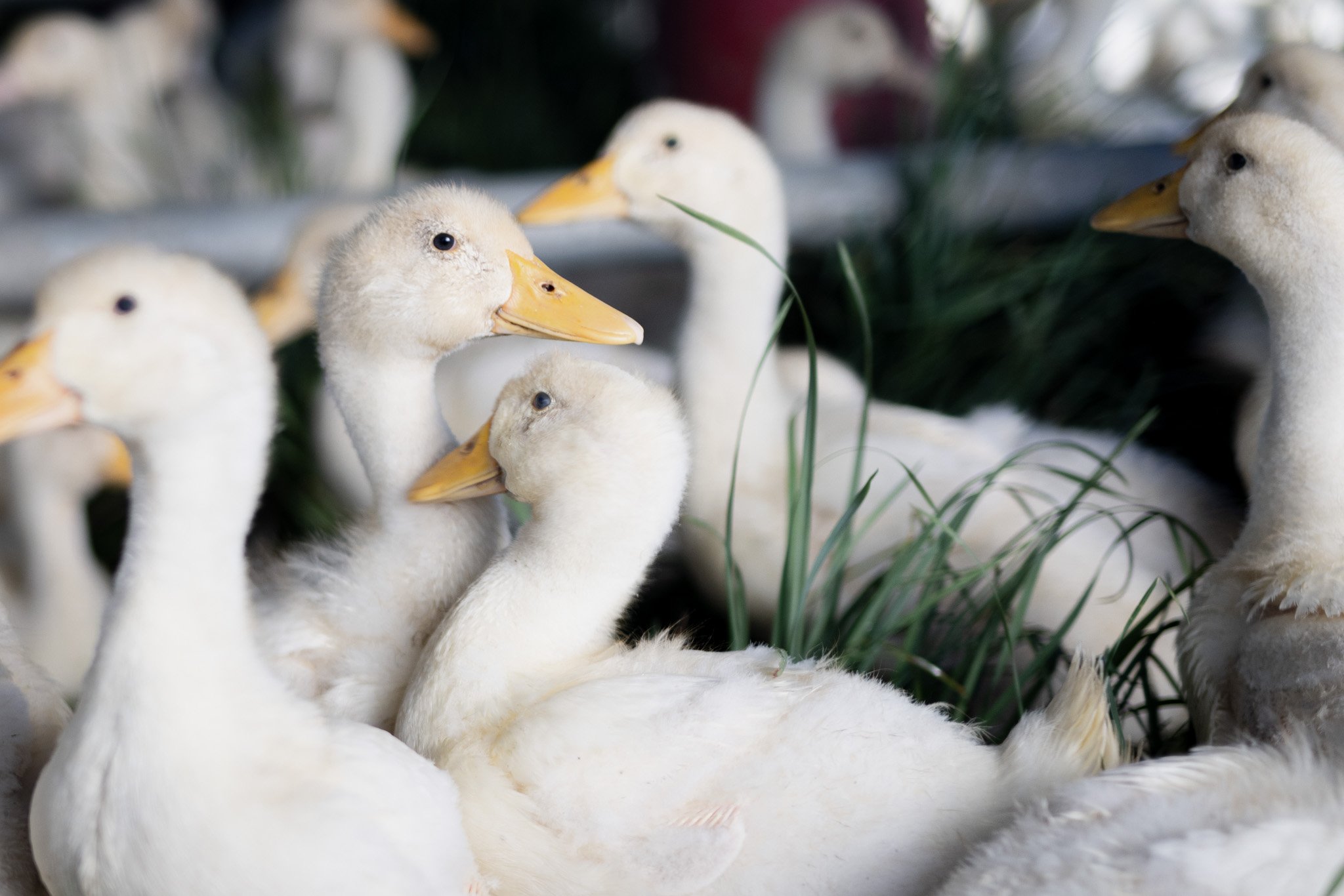
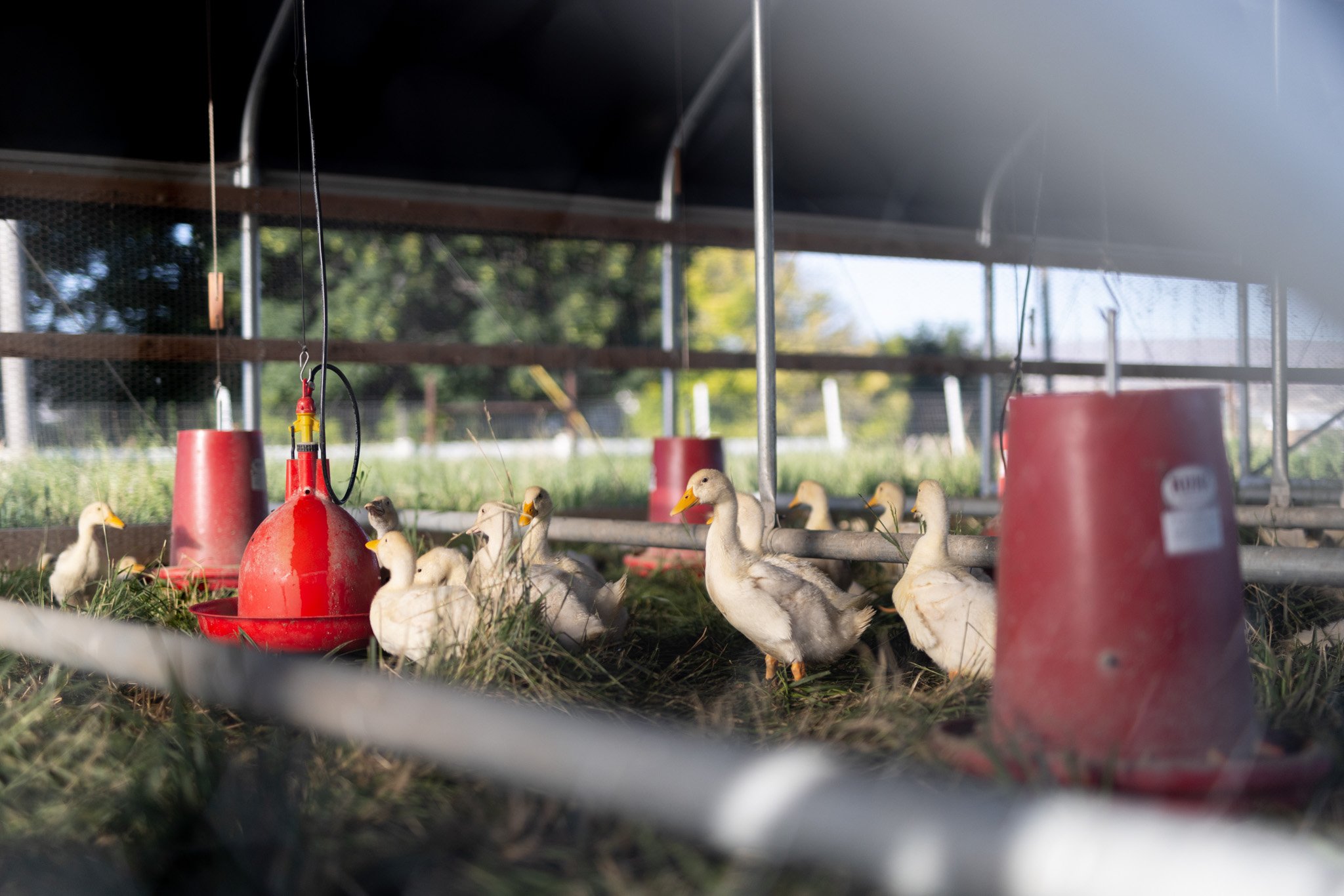
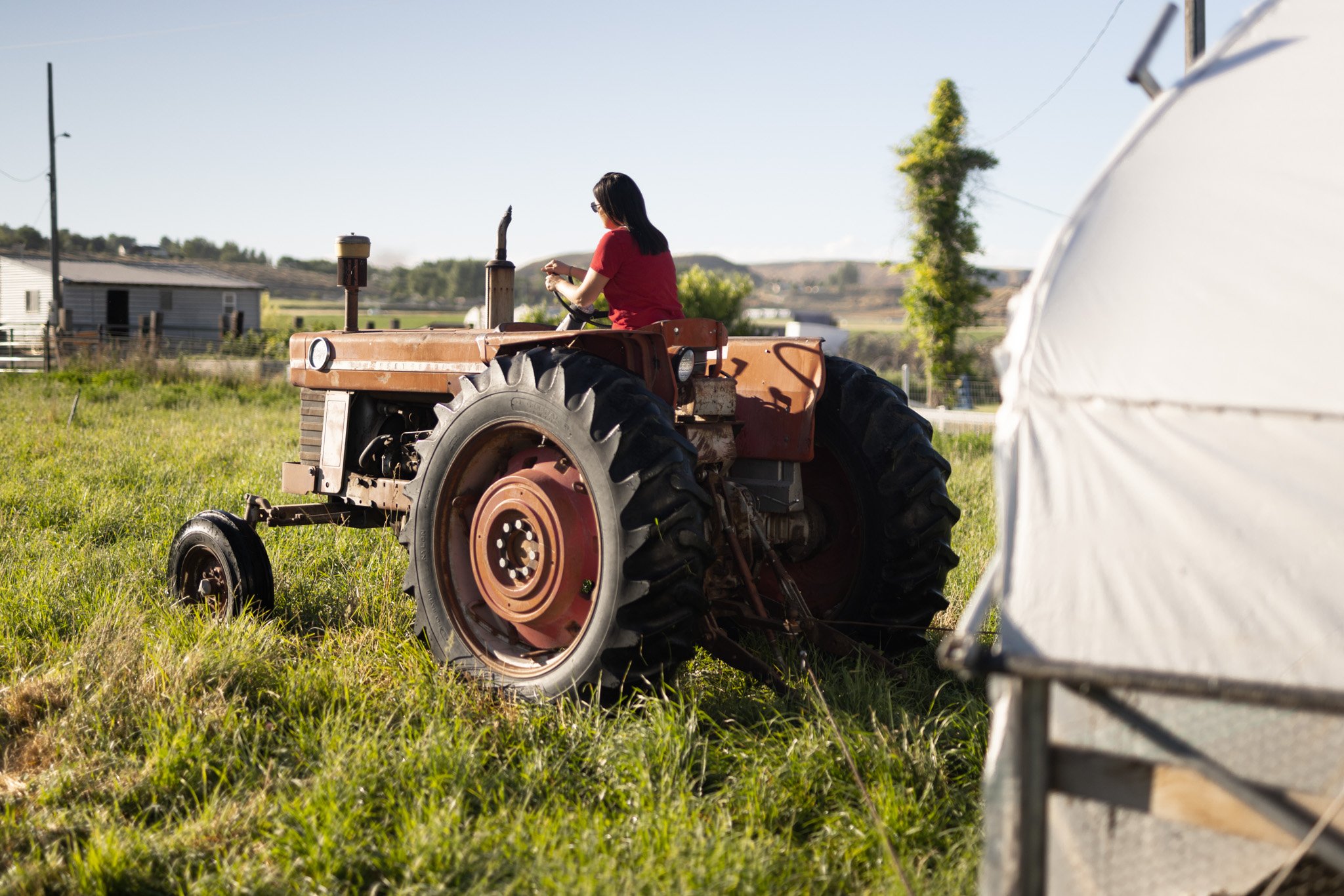
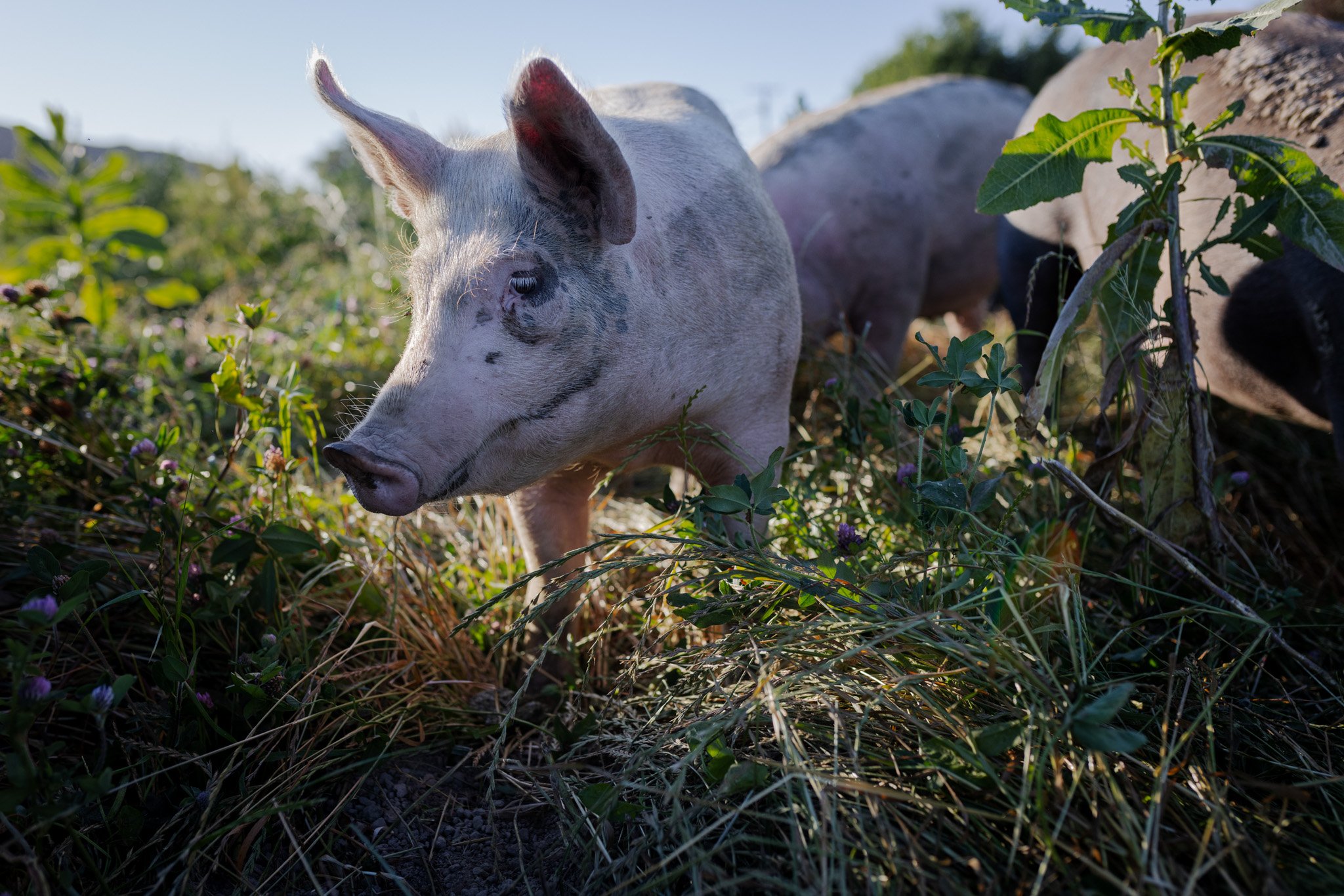
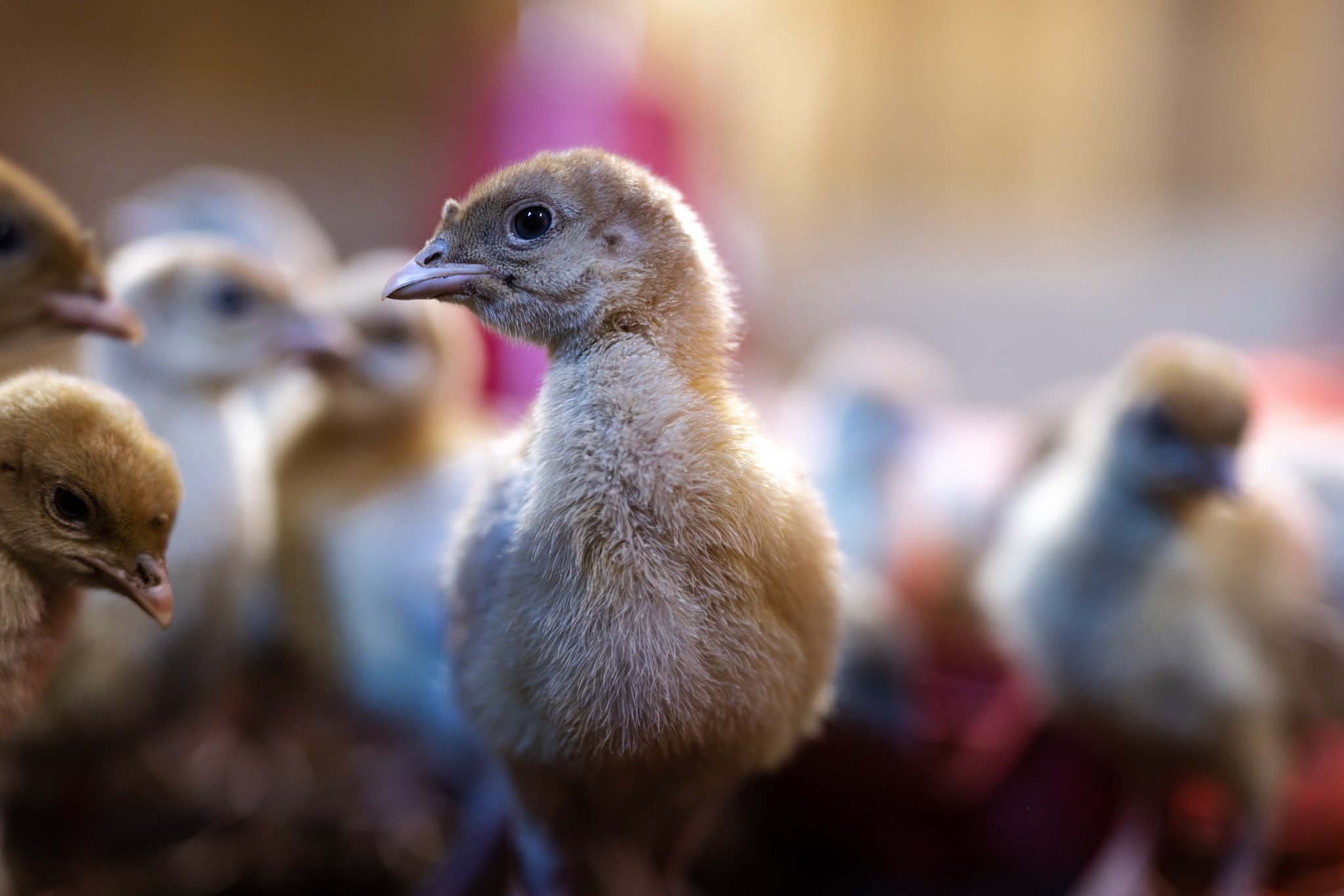
Story and photos by Jake Smith
This interview has been lightly edited for clarity and accuracy.
Q&A with Maria McIntyre, sales/marketing representative for McIntyre Pastures in Caldwell
Tell us about the farm and what it offers the community.
We're pasture-based. My husband's family has been farming here since 1910. But then we've added farmland to that since that time, until development moved in. And then it's been too difficult to compete with development prices. So we're kind of stuck at the acres that we're at. And so we started really getting interested in no-till farming about 15 years ago. We always had animals on the farm, but with no-till there's a lot of residue left, because you don't turn it under or anything, so that provided an opportunity for more cattle. We started there, and they were like, "Might as well add chickens." And we always had a couple of pigs, might as well. It just morphed into a lot more. So yeah, we're pasture-based. We rotate on grass pigs, beef, turkey, duck and chicken.
You mentioned no-till farming. Could you explain a little bit more about that?
Just to start it off: My father-in-law, one of his favorite things to do, and favorite smells, used to be plowing grounds. A plow goes deep and turns the soil. That's when you see all the birds come up, because it's brought all the worms up and killed them all. And then the birds eat them. That's why they are attracted to that. … (With no-till) you're not disturbing the soil. There's a ton of life going on underneath the soil. Yeah. So by not disturbing that, there's a whole environment above the soil and below. The soil is not being disturbed.
Go a little bit more in depth into your farming practices. What do you do specifically?
Pasturing in general is different from everything else, because animals aren't in a confined (area). They're welcome to breathe fresh air and be out on grass, and pigs can root in the ground and aren't on a crate. They're able to turn around and not just be on cement. Chickens are able to scratch for bugs, they're able to eat grass. I mean, all those different things. Cattle are made to graze. That's what they are. So that's what they do all day long. Have the time of their lives. We always say they just have one bad day. But otherwise, they have a pretty awesome life. We just try to do as many natural practices as possible. To prevent disease and treat things, we use apple cider vinegar and tinctures and garlic and that kind of stuff before we move on to anything crazy. If we ever do, especially with beef, like a cow, they're expensive. You hate to see one suffer. So every once in a while, we will treat some of our beef with something more than just something natural if we know it can save its life. But then we just take it out of our program.
“Cattle are made to graze. That's what they are. So that's what they do all day long. Have the time of their lives. We always say they just have one bad day. But otherwise, they have a pretty awesome life.”
How does rotational grazing work with pasturing?
We're moving to a new paddock every day. Chicken houses we move daily. Three of the chicken houses are on wheels, so those get pulled by a tractor. All the other poultry houses are on skids. And so we pull those forward with a vehicle every day. Beef and pork, they are moved into a new paddock every day.
Your site says you educate the public. How so?
We've done some classes. We're hoping to do more now that we have this building. We did a sausage grind class. Turkey sausage. This (entire building) is full of people. It was really fun. So we have a chef, Nate Whitley. He came out and was our teacher. He showed us how to grind and cut up turkey, how to break down the bird. And then four types of sausage. We'd like to do more of that kind of stuff. We have one coming up, which is kind of funny. People are super interested in it. We're gonna do a farm tour night. That's our next one.
What can the public get from your storefront?
We have a farm store now. We've always done home delivery ... And we do the neighborhood pickups (in Boise and Meridian) so that people don't have to come out here.
We do tours a lot. We just did a wagon tour last Saturday. At least once a month, we're doing tours and then stopping at the farm store. We're open all week, except for Sunday. We have pretty much every cut of meat you could want that we grow here. And then we brought in raw dairy, raw goat cheese and vegetables from Peaceful Belly, a neighboring organic farm. We'll have fruit in here, seasonings, some beverages, we're bringing in some dry goods, all local stuff. We're trying to do as much locally as possible. We don't have anything not local at the moment. … It's items that align with what we're doing that have similar practices on their own farms or places.
